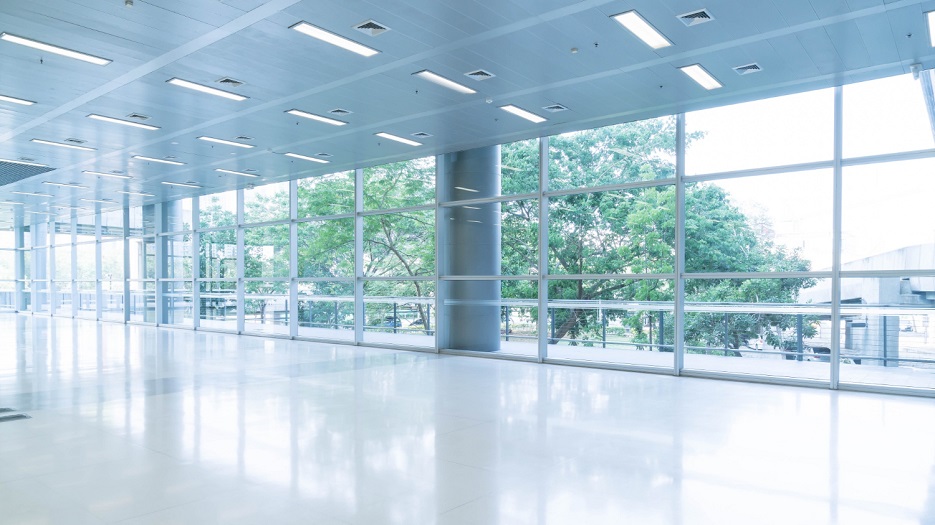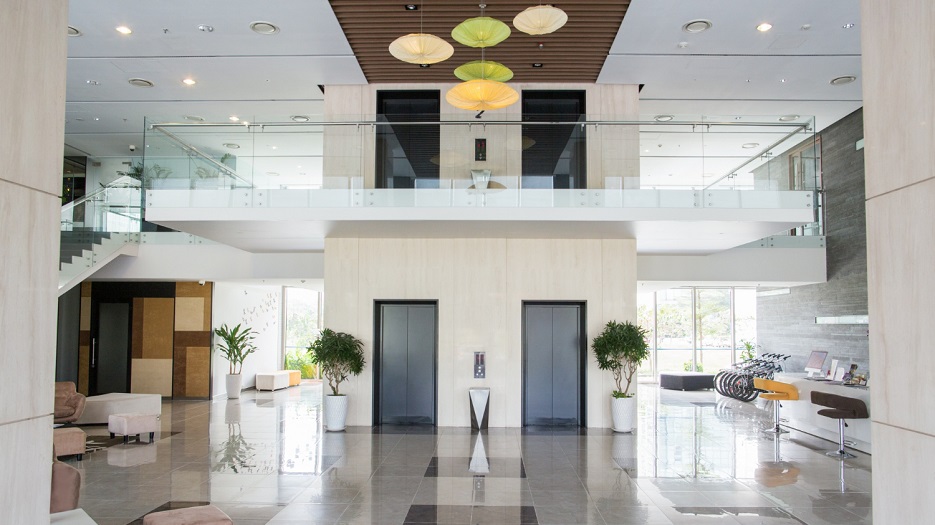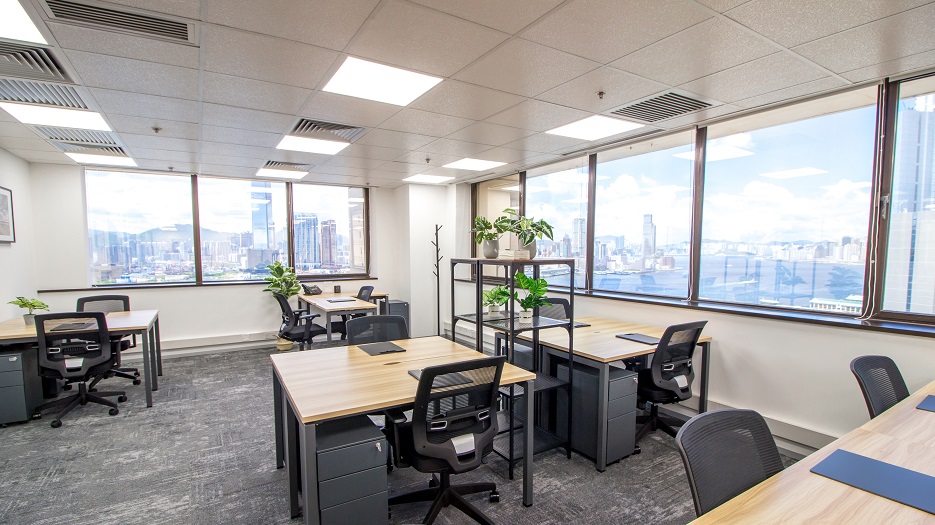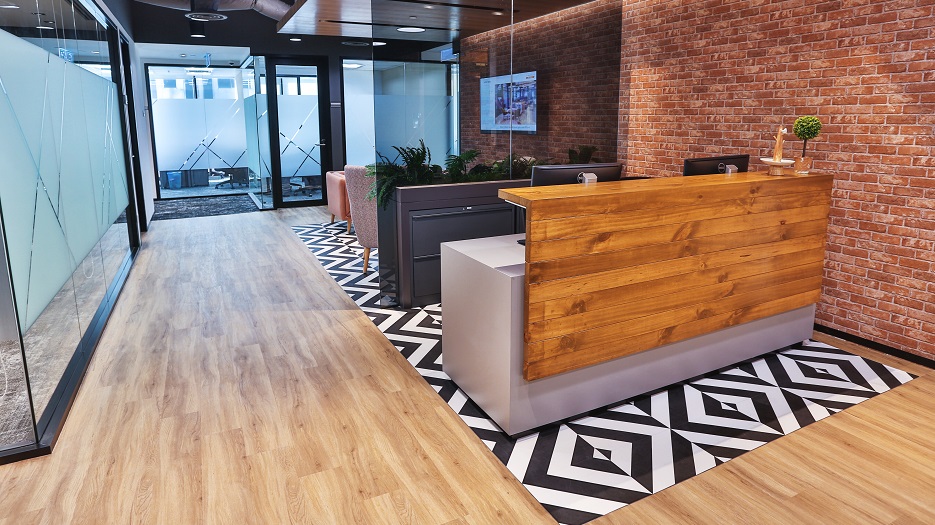Maybe you are just starting a business and looking for a new office space; or your current office lease is about to expire, the company size has changed and you intend to find a new office space. In addition to considering the geographical location, area, and rent, you may also think about the question: Is it better to buy an office space or rent an office space? This article will discuss the potential pros and cons of both, as well as related considerations, to help you make an important decision.
How to decide between buying or leasing office space
Whether you should buy or lease is a big question that will determine how your expenses look for the coming year or even years. In order to get started in this important next step, go through the following steps to kickstart your evaluation. They will help you have a clearer image of which option may be more suitable for your unique enterprise.
Evaluate cash flow
The first factor to consider in the decision to buy vs. lease office space is finances. Is your capital best used towards a mortgage or towards other ventures?
So, ask yourself: Is the business expanding quickly? At what rate? Are you willing to risk the status of asset liquidity by locking them in the purchase of a property?
On the other hand, if your company doesn't have the cash flow to buy an office, it could be wise to settle in a fitting workspace rental for one or two years so that your capital can be freed up for other activities, like marketing, research or increasing headcount.
Read More

The relationship between location and business type
Location is such an important element to any decisions about an office, because it largely determines the office cost. For example, real estate in central business districts (CBDs) is the priciest. The nature of your business can largely determine where your office would be best located. For example:
- How critical is foot traffic to your type of business? Do you want to prioritise foot traffic in a specific neighbourhood?
- Is it important for your branding to have a prestigious address attached?
- Does your business require all your staff to be in the same location?
So, pose these questions to yourself:
- Does your enterprise need to stay in a permanent (or at least long-term) location?
- Is your new office flexible enough to meet your future needs, not just your current ones?
Evaluate the local property climate
Another factor to consider in the question of buying vs. renting an office is your local real estate climate. While the advice you find online may sound one-size-fits-all, the situation in your city is truly unique and vastly affects the validity of owning or renting.
The right decision can vary depending on a variety of factors, such as the location and condition of the property, interest rate and market conditions. Therefore, it's always advisable to consult with a real estate professional and conduct a thorough cost-benefit analysis before you make the final decision to buy or rent a commercial office space.
Pros and cons of buying office space

When you purchase an office unit, you become the owner and property manager of the space. Depending on where in the world you are and the relevant property ownership laws, you may own it indefinitely or for a set amount of time. In Hong Kong, for instance, all land is government-owned. In practice, this means landowners are actually leasing from the government.
Pros
- Fixed costs: You can plan your budget with the long-term scope without worrying about rent increases.
- Stable location: This is significant if you’re confident that you want to remain in a particular location for a long time.
- Tax deductions: Property owners can enjoy potential deductions on mortgage interest and property tax.
- Potentially more cost-effective in the long-term: Owning a commercial office space can become more cost-effective than renting after around 5 to 7 years. This is because, after this period, you would have paid off a significant portion of your mortgage, and the property value may have appreciated, allowing you to build equity and potentially sell the property for a profit in the future.
Cons
- Locking in resources: Many of your financial resources would be locked up in paying for the commercial mortgage
- Higher upfront and ongoing, petty costs: Buying an office unit requires a large upfront payment which encompasses the down payment, property broker fees, property appraisal and renovation. Investing in a commercial property is generally only profitable with a long investment horizon. Then there are the ongoing maintenance, repair and infrastructure upgrade costs that will inevitably come up during your ownership.
- More responsibility: As the owner, you would also be in charge of property management, dealing directly with building management.
- Decreased agility: As your business grows, you may need to move to a larger or more flexible space. However, unlike renting, you can’t simply move after your lease is over. The same is true if you downsize; then you may be paying for non-utilised space for a significant period of time.
Pros and cons of renting office space

When you lease an office, you are essentially borrowing it from the property owner for an agreed amount of time.
Pros
- Flexibility: A startup or medium-sized company will likely see significant change within a short period of time; less so with an established company. For growing companies, the flexibility of leasing is a blessing. If you outgrow your space, you can move to a more suitable office as soon as the lease ends.
- Free up working capital: Without being tied down by a mortgage, you can funnel capital toward other business growth.
- Access to good locations for less money: You can secure a prestigious business address in a central financial district for a friendlier price than buying.
- Fewer upfront costs: You don't have to set aside the aforementioned significant amount of cash upfront associated with property ownership. With modern workspaces like those from serviced office providers such as Compass Offices, the offices come business-ready, so you don't even have to pay to furnish or decorate the office like with a traditional office lease.
- No property management headaches: When you do office rental, there's a property management firm that manages all the upkeep, cleaning and repairs. All those fees are generally included in your monthly rent, so you don't have to deal with any of the anxiety of maintaining the office facilities.

Cons
- Potential rent increases: However, as a tenant you do face the risk of the landlord increasing your rent annually. Thus, your financial planning has to be more agile compared to the comparatively fixed costs of office ownership.
- Less stability: Related to the previous point, the management of your office property has the right to decide they want to take over the office space for other purposes, pushing you to find a new rental.
- Cannot build equity: Without buying an office, you don't have the chance to earn equity over time after paying off the commercial mortgage to potentially make a profit.
- Less control over property: Finally, as a commercial tenant, you have less freedom to design the layout and/or decorate the office interior. This could be important for companies that want their branding to be reflected in their office space.
In summary, buying an office can be a profitable investment if the property is held for at least five years and can be ideal for companies wanting the ability to build a strong client-facing brand image, while leasing an office is suitable for small and medium-sized firms prioritising business agility and freeing up cash flow for growth and development.
Read More
Conclusion
Compass Offices makes it simple to move into a ready-to-move-in office space in the Asia-Pacific region. With a network of business centres in ten key APAC cities (Melbourne, Sydney, Singapore, Hong Kong, Manila, Kuala Lumpur, Shanghai, Tokyo, Osaka and Ho Chi Minh City), all fully equipped with a suite of flexible office rentals, we provide short-term and long-term office rentals to businesses of all sizes.
From serviced offices for a team of five, all the way to enterprise solutions for 100 staff members, our cost-effective workspaces are the modern answer to your business needs. Lease starting when you want, for as long as you want, starting from a couple of months.